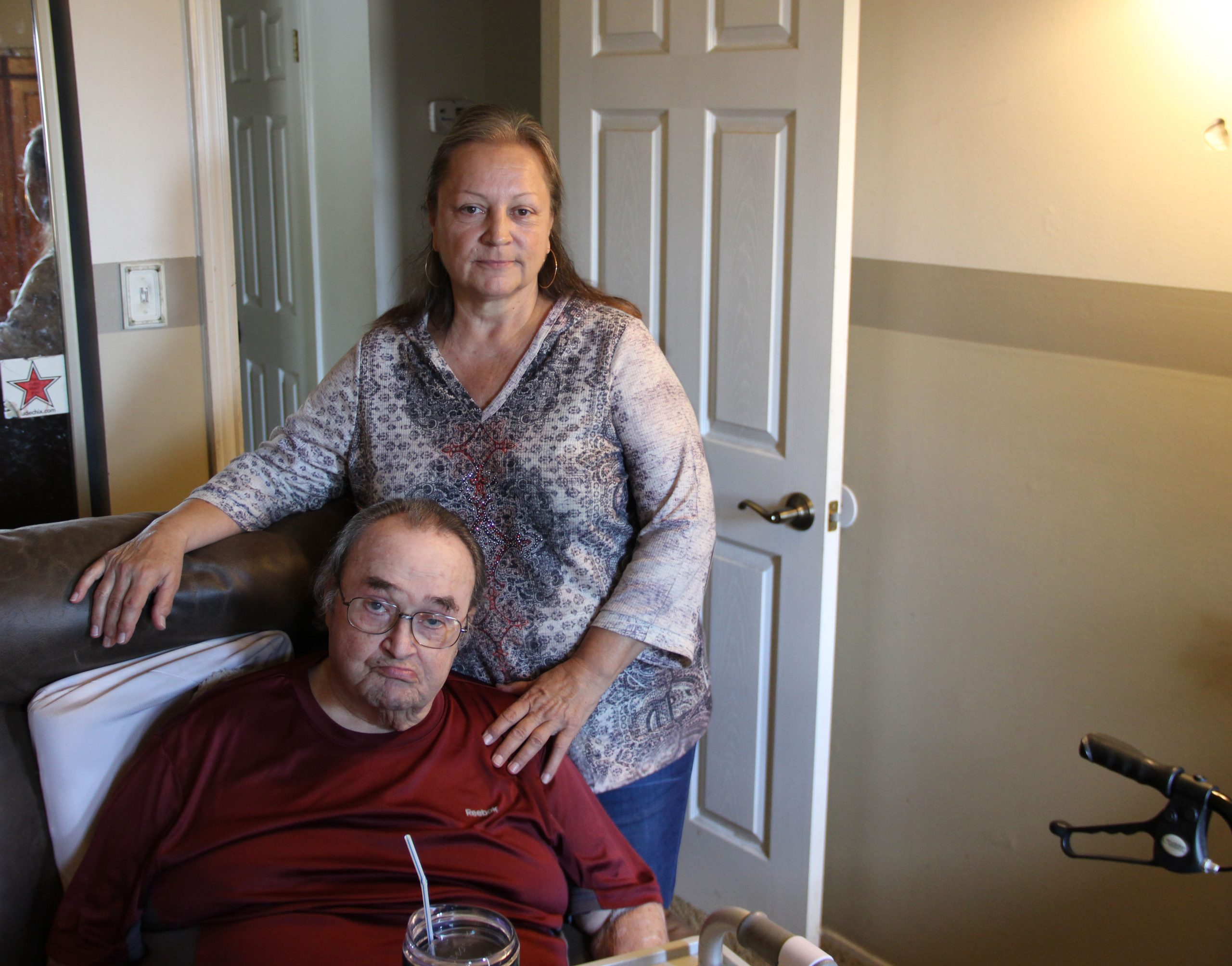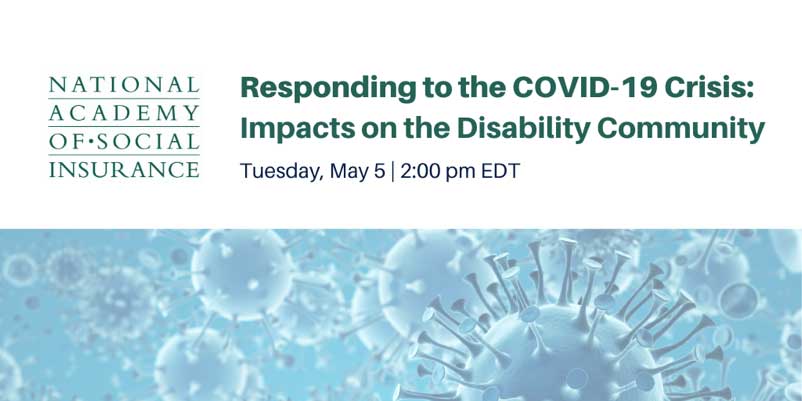 The cost of long-term services and supports contributes to the high rates of poverty among seniors and people with disabilities. Social insurance alternatives can help.
The cost of long-term services and supports contributes to the high rates of poverty among seniors and people with disabilities. Social insurance alternatives can help.
Current State of Caregiving
The COVID-19 pandemic has highlighted both severe inadequacy and major inequities in our country’s caregiving infrastructure. Prior to the pandemic, needs were already high and growing for childcare, as well as for long-term services and supports (LTSS) for older adults and adults living with disabilities.
About 40 percent of those currently requiring Long-term Services and Supports (LTSS) are under age 65. For these people living with a disability, access to LTSS enables them to have a meaningful life as part of a community, allows them to achieve or regain a certain degree of independence, and positions them to pursue greater economic self-sufficiency and give back to their community.
But access to LTSS is expensive, and many families are forced to spend down their assets to pay for care until they have so little left as to qualify for Medicaid. And those “lucky” enough to qualify (whether low or middle-income) must contribute most of their income to their care costs. Having lost their financial independence and, unable to access sufficient home- and community-based services or afford to remain at home, they may then be forced to enter a nursing home.
Kristina Bas Hamilton, Academy Member, Legislative Director, United Domestic Workers of America
Proposed Solutions
Our Designing Universal Family Care report explores strategies that states can use to meet families’ evolving needs, including the urgent demand for more sustainable long-term care, through a universal, social insurance-based program.
In addition to the Academy’s caregiving policy research, our Income Security Team produces research and events on Social Security Disability Insurance, Supplemental Security Income and Workers’ Compensation programs and their impacts on the disability community.
The Academy’s Task Force on Retirement Security for Older Workers will use the Social Security Disability Insurance (SSDI) program as a model to assess options for a broader set of older workers who are no longer able to perform their jobs. As our 2019 Social Security Innovation Challenge highlighted, many older workers face challenges related to physically demanding work, health problems, and the intersection of the two. While the winning Challenge proposals would boost those workers’ prospects for a secure retirement, there is a need to assess, as well, potential enhancements to the SSDI system.
The Academy’s efforts to bring the policy options outlined in the report to the policymakers, government agencies, and advocates that can make adequate care and living with dignity accessible to all people living with disabilities is part of our broader Campaign for Economic Security.
Contact: Bethany Cole, Policy Analyst for Health Policy

